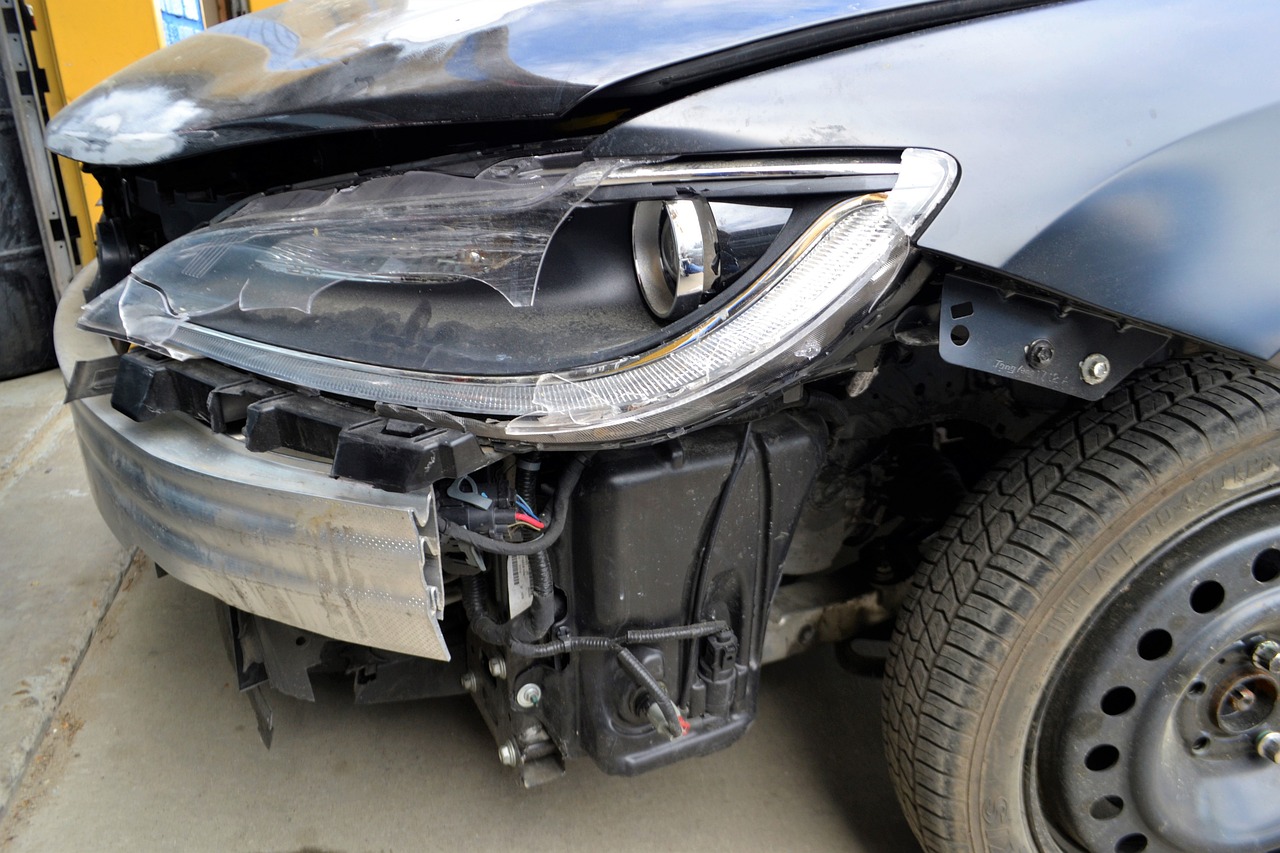Table of contents [Show]
Comprehensive and Collision Insurance vs. Full Coverage
Navigating the world of car insurance can be daunting, especially when it comes to understanding terms like "comprehensive and collision insurance" and "full coverage." Let's break down these terms to help you make sense of what they mean and how they differ.
Comprehensive Insurance
Comprehensive insurance, often referred to as "comp" or "other than collision" coverage, provides protection for your vehicle against a wide range of non-accident-related incidents. This includes damage from natural disasters like floods, earthquakes, and storms, as well as theft, vandalism, and animal collisions. If your car is damaged due to any of these events, comprehensive insurance helps cover the repair or replacement costs, up to the vehicle's actual cash value.
Collision Insurance
Collision insurance, as the name suggests, covers damages to your car which have been caused by collisions with other vehicles, objects, or even if your car overturns. Whether it's a fender bender or a more serious accident, collision insurance assists in paying for the repairs to your car, up to its actual cash value. It's important to note that collision insurance specifically applies to accidents involving your vehicle.
Full Coverage
"Full coverage" is a term that's often used colloquially, but it doesn't have a standardized definition in the insurance industry. It generally refers to a combination of liability, comprehensive, and collision coverage. While it provides a more extensive level of protection, it might not cover every possible scenario. Full coverage does not typically include additional optional coverages such as roadside assistance or even rental car reimbursement.
Understanding the Difference
In summary, comprehensive and collision insurance are specific types of policies that can be included in what is commonly referred to as "full coverage." However, full coverage doesn't necessarily mean your policy covers every imaginable situation. It's important to carefully review your policy to understand exactly what it includes and what it doesn't.
When considering your insurance needs, assess factors like your budget, the value of your car, and your level of comfort with potential risks. Comprehensive and collision coverage can provide valuable protection, especially for newer or more valuable vehicles. As you evaluate your options, aim to strike a balance between coverage and affordability to ensure you're adequately protected on the road.








